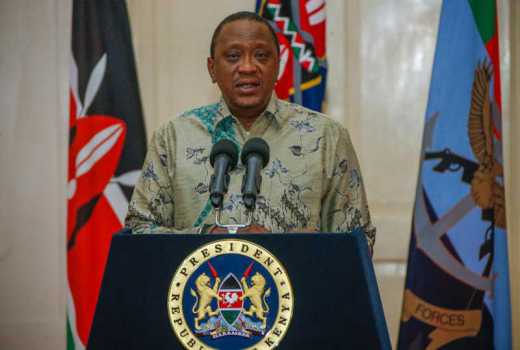
For all intents and purposes, the new Cabinet announced on Friday is President Uhuru Kenyatta’s last throw of the dice. His legacy will largely depend on how the men and women he has picked execute their roles. By any measure, a Cabinet defines and frames the agenda of a president. And that is of great significance for a president in his last term.
With his main challenger in the annulled August 8 election, Raila Odinga, vowing to go ahead with his planned swearing-in tomorrow, the symbolism of a super Cabinet could not have been more appropriate.